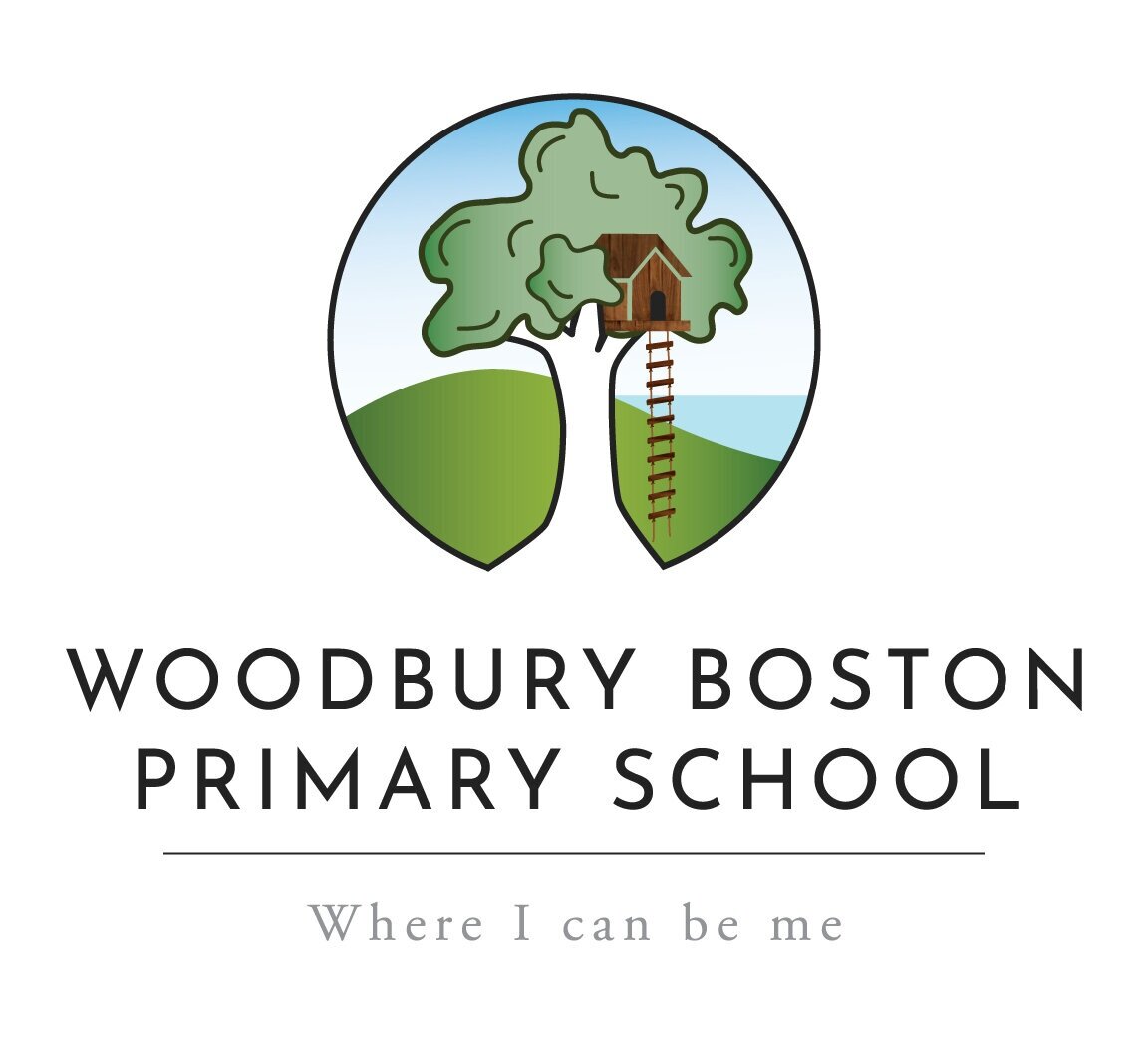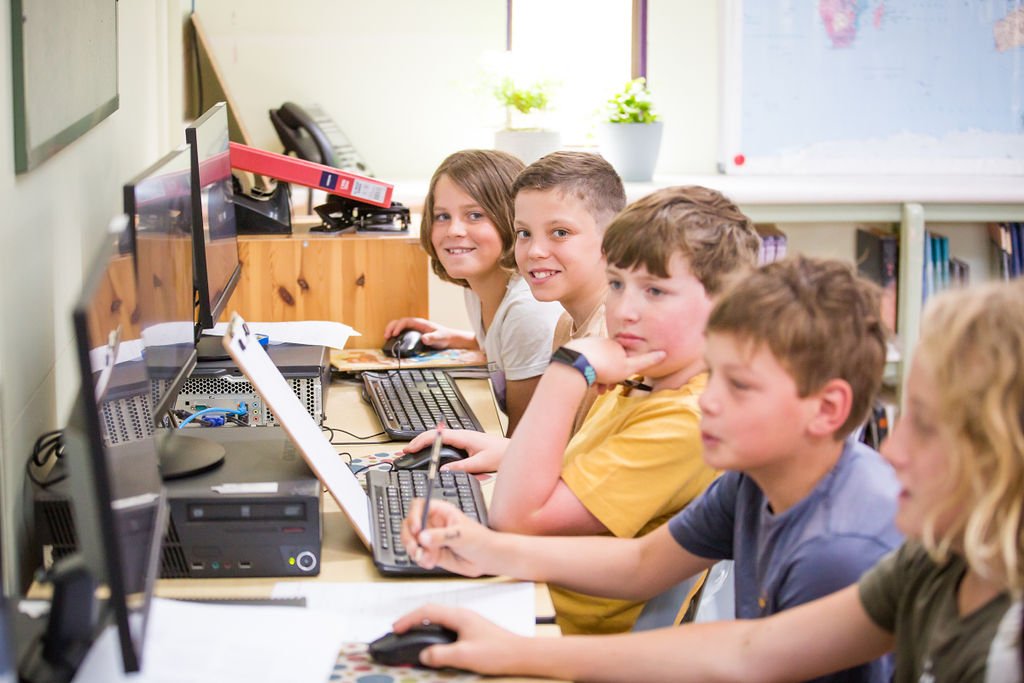Benefits of STEAM in a nature-based learning environment
STEAM is a bit of a buzzword in education at the moment—and we’re here for it. In fact, we’ve always embraced multidisciplinary learning models at Woodbury Boston for the countless benefits it brings to our students. Here’s how we’re using STEAM projects to turn our students into real-life designers and project managers on an upcoming campus building project!
what is steam education?
STEAM (which used to be called STEM) stands for Science, Technology, Engineering, Arts, and Mathematics. Instead of studying each subject in 40-minute intervals (which is difficult and draining for almost everyone), STEAM is an integrated learning experience.
A multidisciplinary approach breaks down barriers between learning areas, which is great for students. That’s because it helps your child understand how concepts are interconnected as well as why they’re being asked to learn them.
Thanks to smart project design, STEAM allows your child to explore, experiment, and engage with the world around them—in a tangible, hands-on way.
WHAT we’re working on
With small numbers and lots of space, we’re lucky to be able to include the whole school in our latest STEAM project. From Pre-Primary to Year 6, everyone is on board to develop an outdoor classroom for our school. Learn more about the process in this article.
benefits of nature-based steam
Multidisciplinary learning has stacks of benefits, starting with the fact that it mimics real-life problems. Think about it: when was the last time you (as a grown up) had to solve an algebra problem in isolation?
Twenty-first century problems demand a collaborative approach as opposed to the regurgitation of rote learning—and it makes our kids happy, too. Here’s what your child will love about STEAM education.
Problem solving
Coming up with hands-on solutions to real world problems helps your child approach challenges with creativity, logic, and open-minded innovation.
Teamwork and collaboration
When they put their heads together to solve a tricky problem, children learn to respect diverse perspectives and contribute positively to group dynamics.
Resilience
Real-life problem solving can be tricky—but setbacks and failures are a normal part of the experimentation process. Learning to overcome obstacles gives your child the chance to learn from experience and try again.
Technological literacy
STEAM isn’t all about robots! Our students love using various tools, software, and technologies to get to the bottom of tricky problems.
Love of learning
STEAM education gives every child a chance to shine—which makes the learning process more exciting and meaningful. This positive association with learning can help your child become a life-long learner with a natural curiosity for exploration.
Real life connection
STEAM is all about relevant, real-world problems. Taking learning off the page and making it relevant boosts motivation and makes learning much more interesting.
Environmental awareness
At Woodbury Boston, we base STEAM activities on sustainability and fostering respect for our natural environment. This helps your child become an environmentally conscious, caring citizen.
Multidisciplinary or bust!
Traditional, subject-based learning is a thing of the past. And solving real-life problems is fun! We’re proud of our holistic approach to learning, which helps your child develop a deeper appreciation for the world around them—and prepares them to tackle future challenges with confidence and creativity.
The Woodbury Boston way
If you’d like to learn more about how your child will learn at Woodbury Boston, why not book a tour? Or explore the five educational models that make up our teaching style, our philosophy on educating the Whole Child, and our innovative Out & About program.
Recommended Reading
-
2023
- Jul 31, 2023 Benefits of STEAM in a nature-based learning environment Jul 31, 2023
- Jul 31, 2023 STEAM on campus: a student-designed outdoor classroom Jul 31, 2023
-
2022
- Sep 21, 2022 Here’s how we personalise your child's learning Sep 21, 2022
- Aug 8, 2022 What puppeteering taught the Koomals about Design Thinking Aug 8, 2022
- Jul 21, 2022 Dirty feet: here’s what our students learn in the bush Jul 21, 2022
- Jun 16, 2022 Notes from Nick: our Principal shares his experience Jun 16, 2022
- Jun 6, 2022 The Importance of Play Jun 6, 2022
- May 18, 2022 Meet Val May 18, 2022
- May 18, 2022 Peer Support: fostering student leadership May 18, 2022
- Feb 10, 2022 The Woodbury Boston difference: what does it mean to educate the Whole Child? Feb 10, 2022
- Feb 10, 2022 The 5 educational models that make up our teaching style Feb 10, 2022
-
2021
- Dec 13, 2021 In-school Orientation Day Dec 13, 2021
- Nov 4, 2021 Meet Nick: Philosopher and veteran educator Nov 4, 2021
- Oct 16, 2021 Celebrating 40 (+ 1) years of Woodbury Boston Oct 16, 2021
- Aug 6, 2021 Playgroup at Woodbury Boston welcomes parents and bubs Aug 6, 2021
- Jul 9, 2021 What a wonderful learning experience Jul 9, 2021
- Jun 23, 2021 Meet Whitney: rock star and memory keeper Jun 23, 2021
- May 30, 2021 Out and About May 30, 2021
- May 18, 2021 Here’s what our students learn during our whole-school concert May 18, 2021
- Mar 24, 2021 Parliament: Empowering students to use their voices Mar 24, 2021
- Feb 4, 2021 Wondering what we learn in kindergarten? Feb 4, 2021
- Feb 4, 2021 4 ways to prepare your child for school Feb 4, 2021
-
2020
- Nov 19, 2020 Out & About: learning in the real world Nov 19, 2020
- Nov 16, 2020 Here’s how to get involved at Woodbury Boston Nov 16, 2020
- Oct 29, 2020 IBL Part 2: Inquiry-based learning in action Oct 29, 2020
- Oct 29, 2020 IBL Part 1: 4 steps to inquiry-based learning Oct 29, 2020
- Sep 12, 2020 Meet Byron — teacher and adventurer Sep 12, 2020
- Sep 10, 2020 Camps and adventure at Woodbury Boston Sep 10, 2020
- Aug 6, 2020 Beyond early childhood: Nature based learning from K-6 Aug 6, 2020
- Jul 29, 2020 Brains and bellies: The importance of a nourishing lunch Jul 29, 2020
- Jul 29, 2020 Here's how to choose the best school for your child Jul 29, 2020
- Jul 28, 2020 Dirty feet: 4 ways bushwalks make our students smile Jul 28, 2020
Woodbury Boston Primary School is a progressive independent school nestled in the bush between Denmark and Albany WA. We know that children learn best when they’re happy and having fun. With a strong focus on community, respect, independence and nature-based teaching, our students learn the Western Australian Curriculum and so much more. For more information or to book a personal tour, please ring 9845 1185.




